[2024] 6 Solutions to Seagate External Hard Drive Not Showing Up Issue
 Problem
Problem
- "What to do if seagate external hard drive not working?"
- "How do I fix my Seagate external hard drive not responding?
- "Why Seagate external hard drive is not detecting?
Occasionally, when you plug in any Seagate external hard drive to PC, it may not show up or be detected by your PC and you will have doubts mentioned above. This is a common problem with Seagate drives. If you don't have any important data on the hard drive, you can just format it easily. However, if it contains important data, how can you fix the Seagate external hard drive not showing up issue or recover data from it?
In this article, we'll tell you the reason why your Seagate external hard drive does not show up or get detected as well as the methods to fix it. Besides, you'll learn how to recover data from the hard drive if you lose data during the process or the drive is broken.

Part 1. Why Seagate External Hard Drive Not Working/Showing Up or Detected?
In most cases, you can access the Seagate external hard drive through Windows File Explorer. However, there is a great possibility that the hard drive doesn't show up in the devices and drives list. Apart from that, the Seagate external hard drive might also not show up in Disk Management. The problem can be caused by one of the following reasons:
Broken USB port or broken USB cable
Unsupported File System
Partition issues on the hard drive
The hard drive driver is corrupted or outdated.
In the following part, we'll talk about how to fix the Seagate external hard drive not showing up in the computers based on the above possibilities. And you don't need to worry about the system version, those methods are applicable for all the Windows versions even the newest Windows 11.
Part 2. Fix Seagate External Hard Drive Not Showing Up or Detected in Windows 11/10/8/7
Seagate external hard drive is always used to back up important data or transfer data between computers. So, it's essential to make it works fine all the time. The following are some solutions to solve Seagate external hard drive not showing up or detected in Windows 11/10/8/7.
Video Guide on Fixing the Seagate External Hard Drive Not Showing Up Issue
Hard Drive Data Recovery
Hard Drive Giving You a Headache? Fear Not! AnyRecover software is Your Go-To Expert for Recovering Over 1000 File Types, Including Those Precious Photos and Videos, All with Just One Click. Your Data Savior has Arrived!
Method 1: Try a Different USB Port or USB Cable
If your Seagate external hard drive is blinking but is not detected by your PC, then you can try to unplug it from the USB port and should plug it into a different USB port. Besides, you can reboot your PC and try to connect your Seagate external hard drive to the computer again.
If the device has been disconnected, you can also connect it to a different computer or use a different USB cable. If this simple solution works then your problem is resolved. If not then move on to the other solutions offered here.
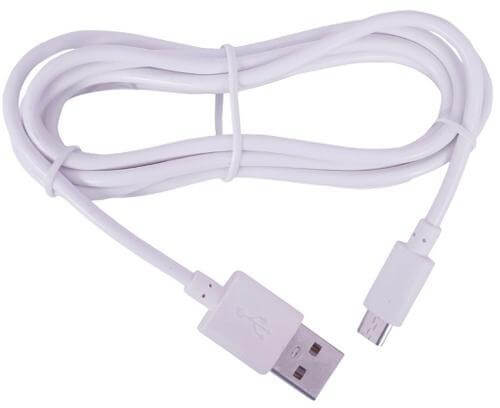
Method 2: Update or Reinstall the Device Driver
Maybe your Windows has a driver problem with your device and by using the Device Manager you can check it. At this time, you'd better update or reinstall the driver to make it work properly again. Here is how to do it:
Press Win+R keys together to open the Run dialog and then enter devmgmt.msc.
Expand the Disk drives category and check for any devices with a yellow exclamation point next to them, right-click on its name and select Update Driver.
If it works then it's ok otherwise uninstall and then reinstall the driver. To uninstall the driver, click on Uninstall device that will help you completely uninstall Drivers. And reboot the computer, the driver will be reinstalled automatically.
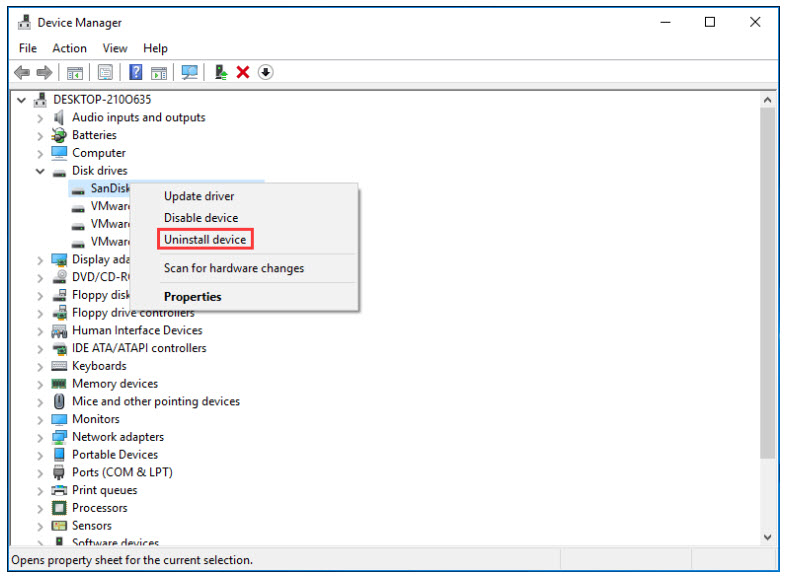
Method 3: Initialize the External Hard Drive
When you find the Seagate external hard drive is not showing up in your computer, the third place you should check is Disk Management. There you'll see the available hard drives which are connected and recognized by the computer. If you are attaching a brand new external hard drive to the computer for the first time, you'll see it here but it's not initialized. Follow the simple steps below to initialize the disk.
Right click on the Windows button and choose Disk Management from the list. Or press Windows + R and enter diskmgmt.msc to proceed.
Right click on the disk and select Initialize Disk.
Choose a proper partition style and click OK to confirm it.
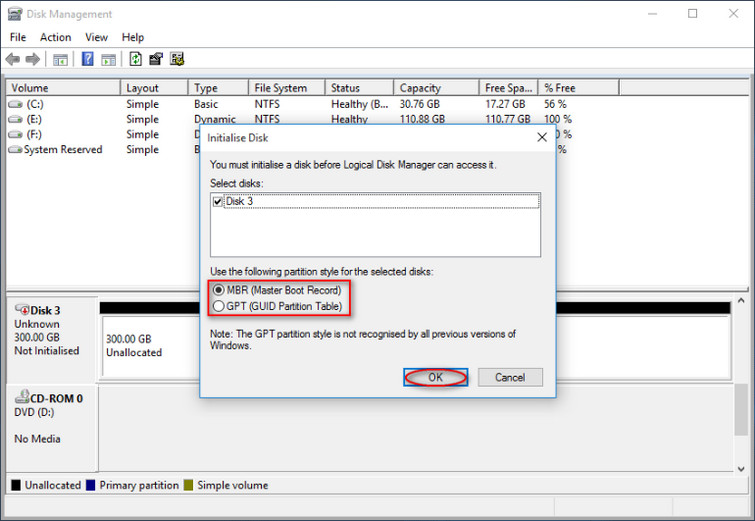
Method 4: Create a New Partition
If you see that your disk is simply unallocated in the Disk Management, you only need to create a new partition for it. Here's how to do it.
Right click on the unallocated disk and choose New Simple Volume from the options.
A New Simple Volume Wizard will show up. Follow the wizard to specify the volume size and assign drive letter or path.
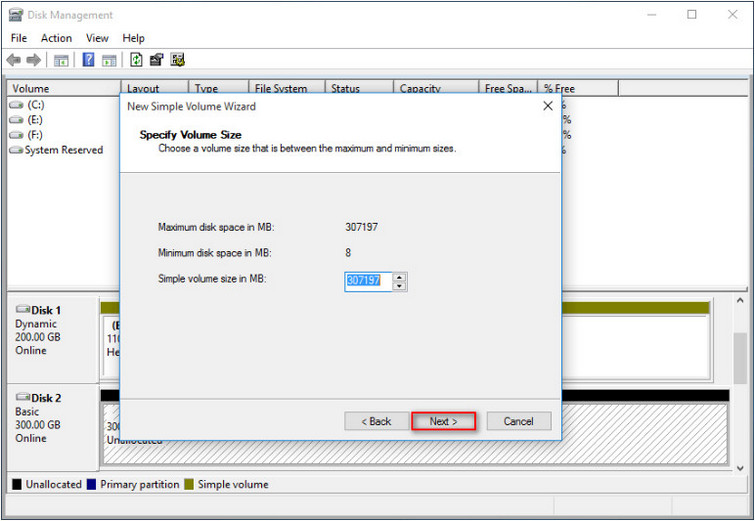
Once done, remove the Seagate external hard drive and connect it to the computer again. Then, you'll find that the disk is detected and showing up in the Windows File Explorer.
Method 5: Change or Assign Drive Letter
If the Seagate external hard drive does not have a drive letter or the drive letter conflicts with other disks, the hard drive won't show up in your computer. Under this circumstance, you need to assign or change the drive letter.
Right click on your hard drive and select Change Drive Letter and Paths.
Select Add option if your hard drive doesn't have a drive letter, and select Change option if it already has one and you want to change it.
Choose a letter for the drive and that's all.
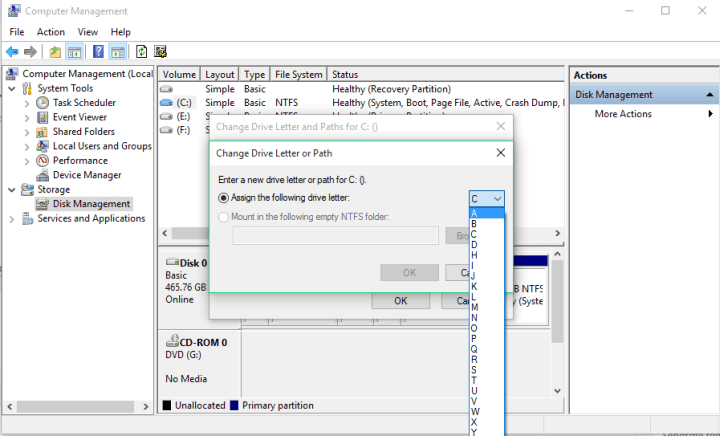
Method 6: Reformat Hard Drive
As we have mentioned in the Part 1, the unsupported File System will cause the Seagate external hard drive not showing up issue. If you find your hard drive is partitioned but still not show up in your computer, it is possible that it's partitioned with a different file system. For example, if you have formatted the hard drive with APFS File System on Mac, this problem will certainly happen when you connect the hard drive to Windows computers. To fix it, you need to reformat your Seagate external hard drive with NTFS File System or FAT32 File System that is supported by Windows 11/10/8/7.
In Disk Management, right click on the hard drive and select Format option.
Choose NTFS or FAT32 from the File Sysetem.
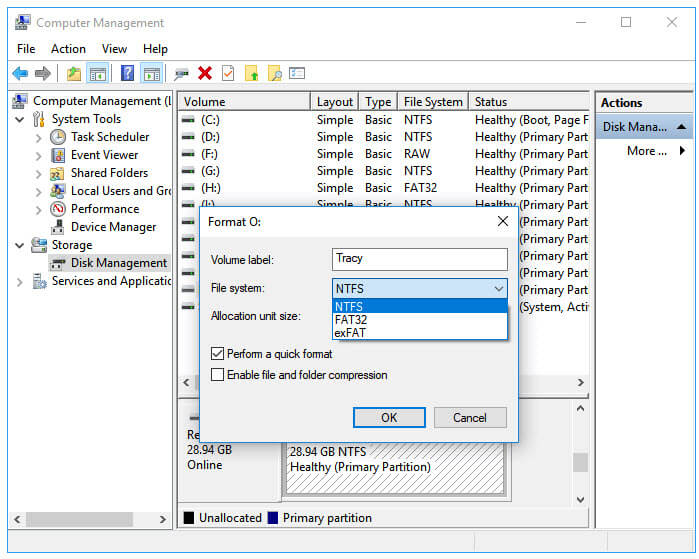
Reformat your Seagate external hard drive with new File System with erase all the data on it. If you can, please remember to back up your data before formatting. However, if you do not have the chance to back up the data, you can use a professional tool to recover the data after formatting.
Bonus: How to Recover Files from Formatted Seagate External Hard Drive?
Due to the Seagate external hard drive not working/showing up issue, you might not be able to back up your data before initializing or reformatting the hard drive.
Luckily, there are loads of powerful data recovery programs nowadays. One of the most popular options is AnyRecover which can help you recover data from the formatted Seagate hard drive as well as other external devices easily and quickly.
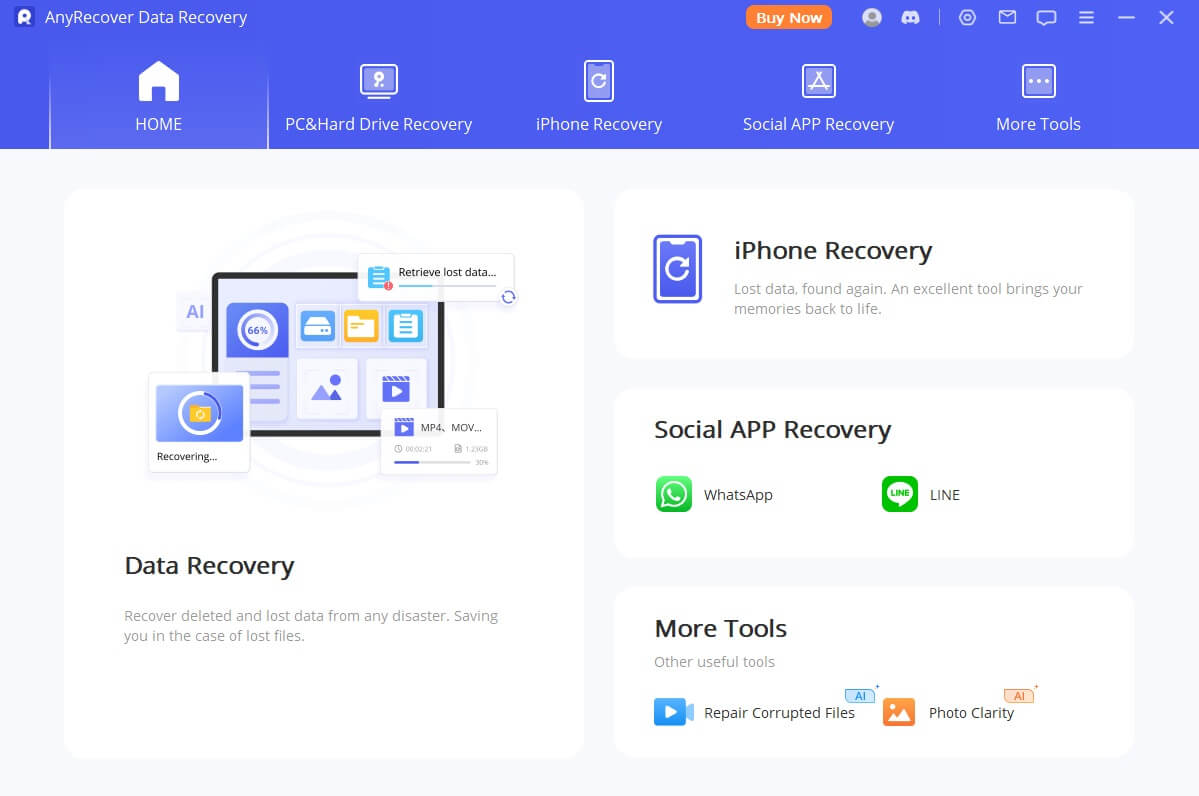
Furthermore, it is compatible with all the versions of Windows, including the latest Windows 11. Together with the accessible interface, the software does not require any technical knowledge. You can do it by yourself without anyone's assistance.
Why Choose AnyRecover:
- Restore lost data from different devices including your Hard Drive,Windows, Mac, SD card, iPhone and others.
- Support 1000+ file types including documents, musics, images, audios, emails, archives and others.
- Guarantee the highest recovery rate in the market based on its all-round scan and deep scan.
- Free trial, deep scan and preview is provided to every user.
- Windows 11/10/8/7 and macOS 13-10.10 versions are suppoerted.
- Great support team will answer any confusion ASAP.
Video Guide About Hard Drive Data Recovery
Simple Steps to Recover Data from Formatted Hard Drive:
Step 1: First of all, launch AnyRecover software. Click on "Data Recovery" and then select your Seagate external hard drive (Will display if it is detected).
- Based on your own situation, "Find solutions here" and "Can't Find Location" options might help.
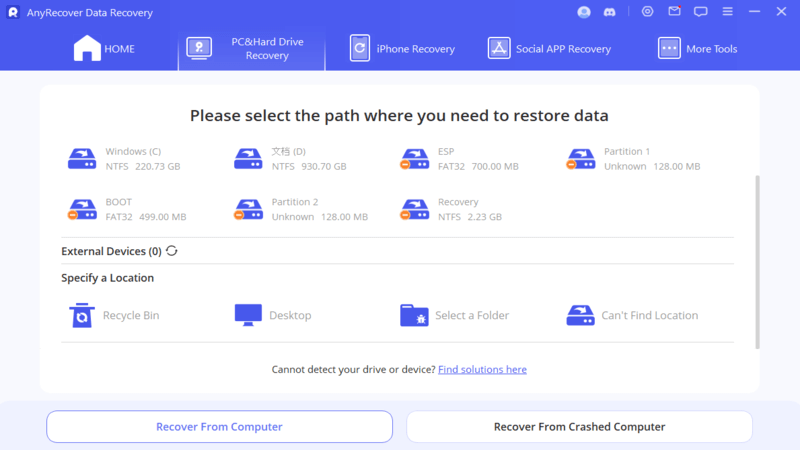
Step 2: After selecting the location, hit Start button to start scanning.
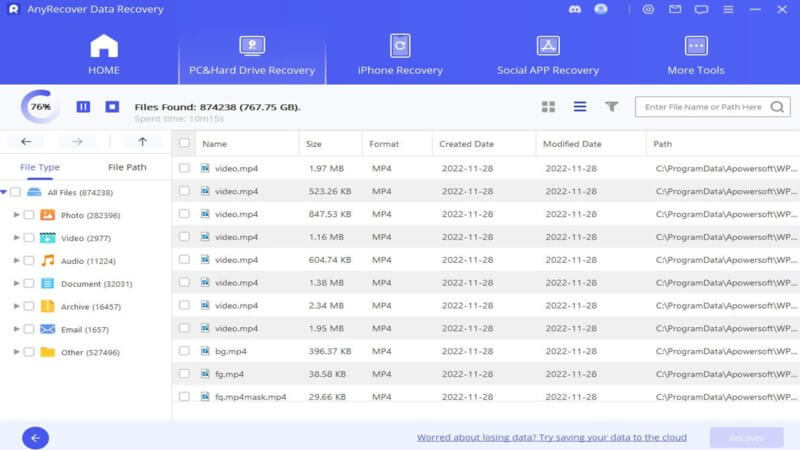
Step 3: The program will start scanning, and show you all the lost files in the list. You can select to preview them and click Recover to get back your data.
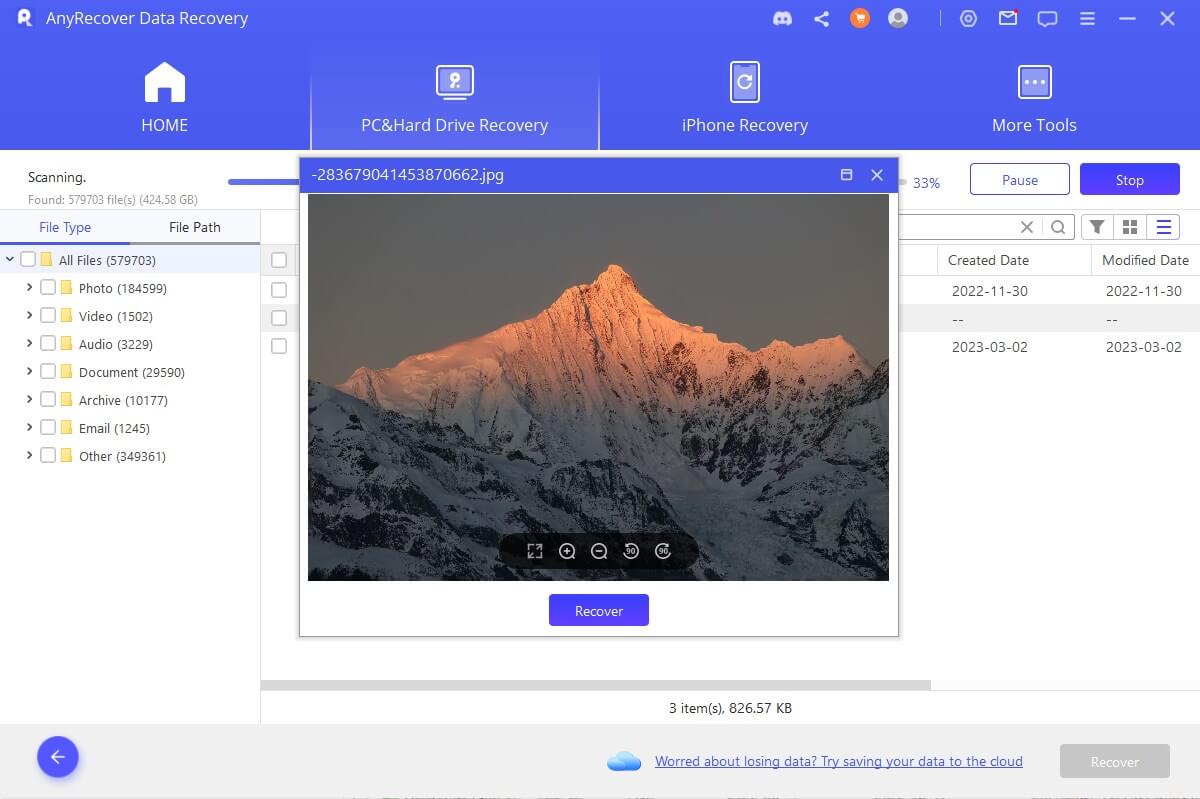
Conclusion
Overall, it is not too difficult to fix Seagate external hard drive not working/showing up only if you take proper action. If you tried the above-mentioned solutions and the Seagate external hard drive still not detected or recognized the cause might be the hard drive itself.
If you accidentally format your Seagate external hard drive, AnyRecover can help you recover data from it. Click the button below right now and see if AnyRecover can work for you perfectly!
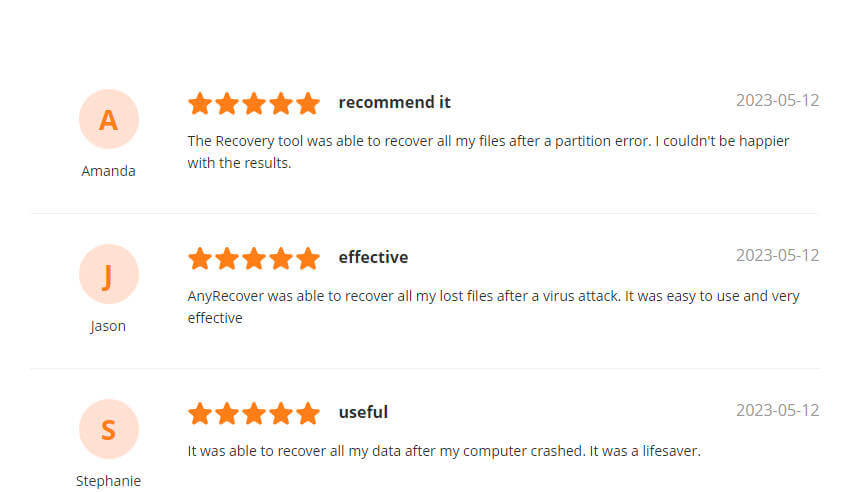
Related Articles:
- [Newest] Fix "SD Card Access Denied" Error & Recover Data
- How to Fix "Drive is Not Accessible" Error in Windows 11/10/8/7
- [Solved!] Dell Laptop Hard Drive Failed, How to Fix It
- How to Check SD Card Health on Windows?
- Everything About SD Card From Mac: [Open/Find/Eject/Clear/Recover]
- How To Check SD Card Health Linux?
Time Limited Offer
for All Products
Not valid with other discount *

 Hard Drive Recovery
Hard Drive Recovery
 Deleted Files Recovery
Deleted Files Recovery

